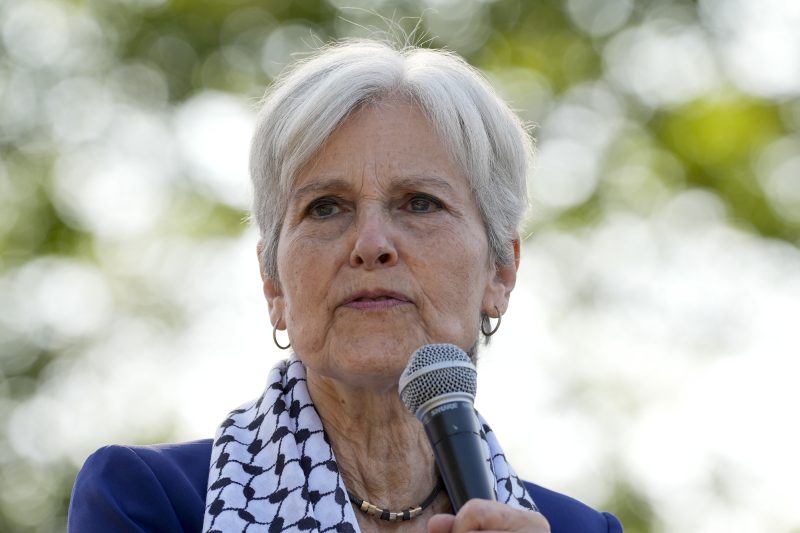The recent decision by the Supreme Court to reject the bid to include Green Party candidate Jill Stein on the Nevada ballot has sparked heated debates and discussions within the political sphere. This ruling has significant implications for the upcoming elections and has raised a number of critical questions regarding ballot access and third-party candidacy in the United States.
One of the key arguments put forth by Jill Stein’s legal team was that the stringent requirements imposed by Nevada law placed unnecessary burdens on third-party and independent candidates, effectively limiting voter choice and harming democratic principles. This argument has been echoed by many who believe that the two-party system in the US stifles competition and does not adequately represent the diversity of political views held by the population.
On the other hand, opponents of Stein’s bid have pointed to the importance of maintaining the integrity of the electoral process and ensuring that candidates meet the necessary requirements to appear on the ballot. They argue that ballot access laws are in place to protect against frivolous or unqualified candidates, safeguarding the legitimacy of the election results.
The Supreme Court’s decision to uphold Nevada’s ballot access laws is a reminder of the complex legal and logistical challenges faced by third-party candidates in the US. These candidates often must navigate a web of state-specific rules and requirements, which can vary widely and be difficult to meet without the resources and infrastructure of the major parties.
Moreover, the ruling has reignited debates about the need for electoral reform in the US, with calls for more equitable ballot access laws and a more inclusive political system that allows for greater participation from alternative parties and candidates. Proponents of electoral reform argue that a more open and competitive electoral process would better serve democracy and help to address the growing discontent with the political status quo.
As the 2022 midterm elections approach, the Supreme Court’s decision in the case of Jill Stein serves as a timely reminder of the challenges faced by third-party candidates in the US political landscape. Whether this ruling will lead to further discussions and actions aimed at reforming the electoral system remains to be seen, but one thing is clear: the issue of ballot access and third-party candidacy will continue to be a contentious and important topic in American politics.


























